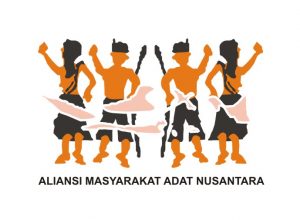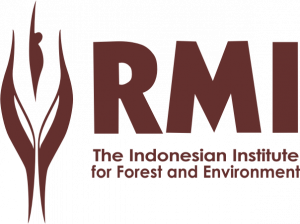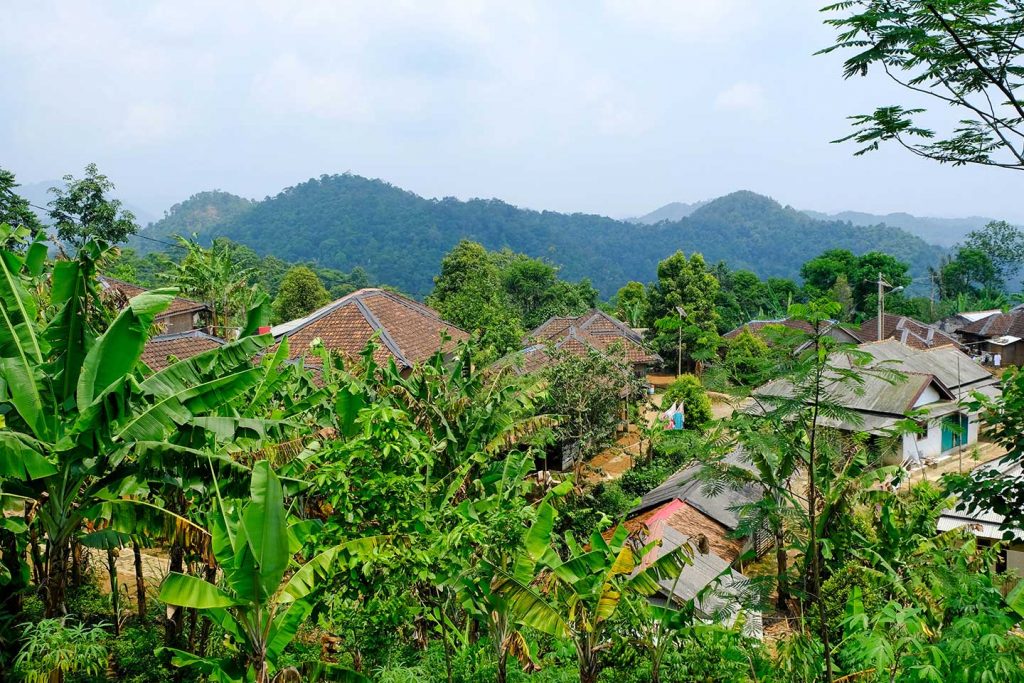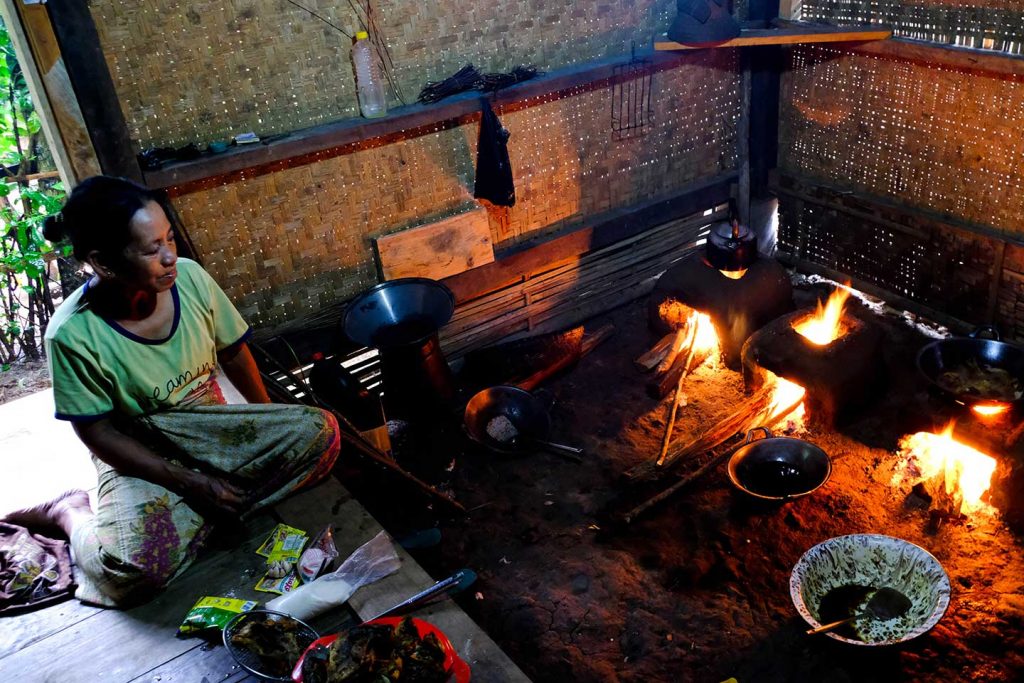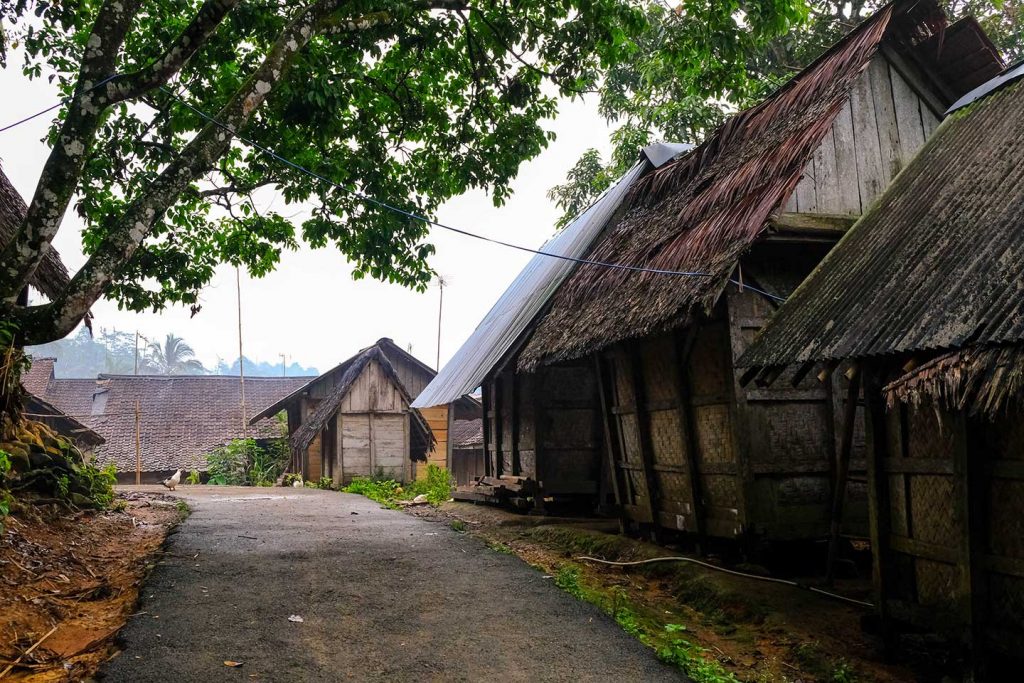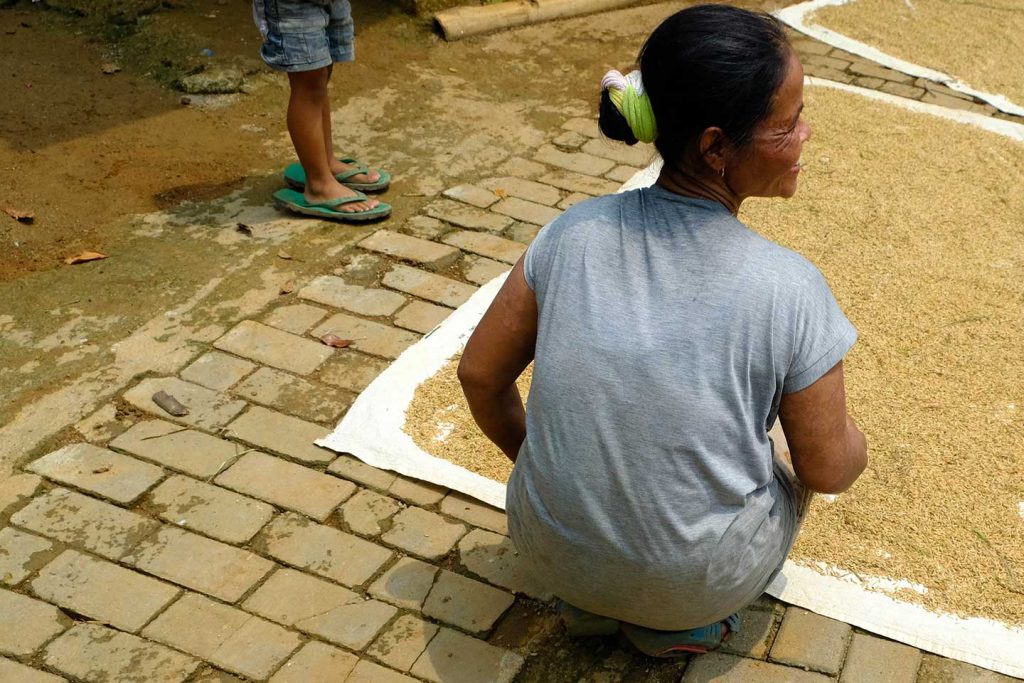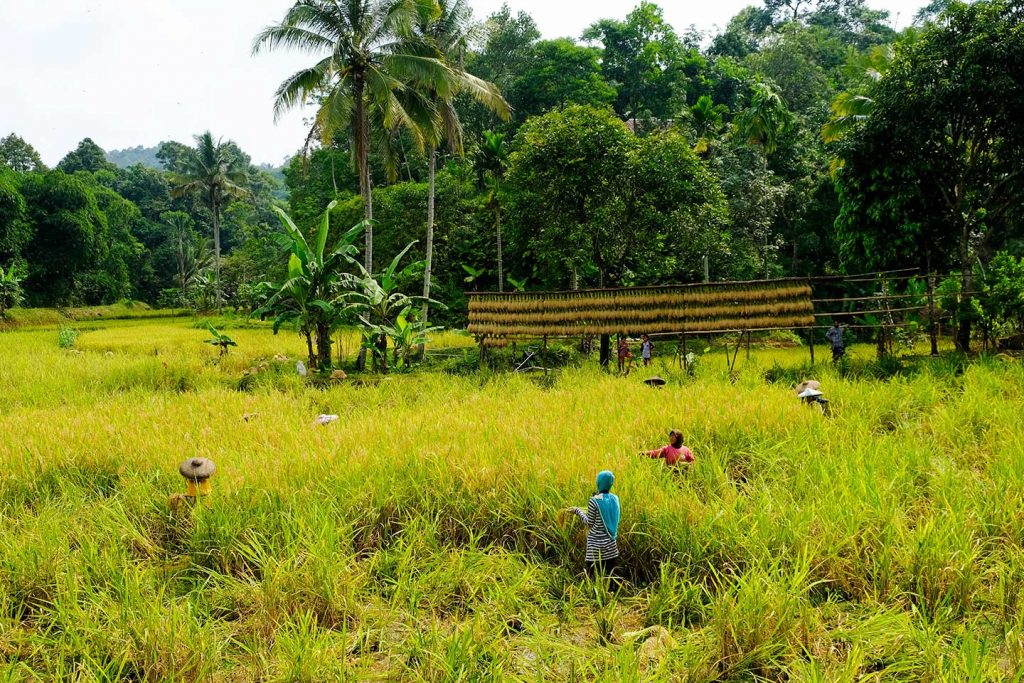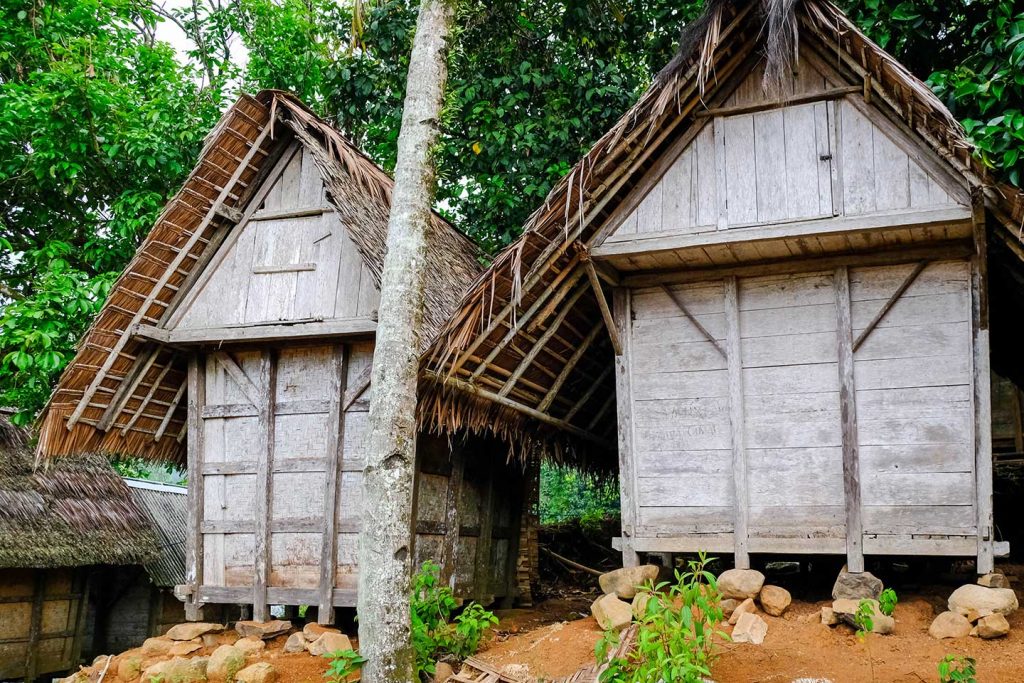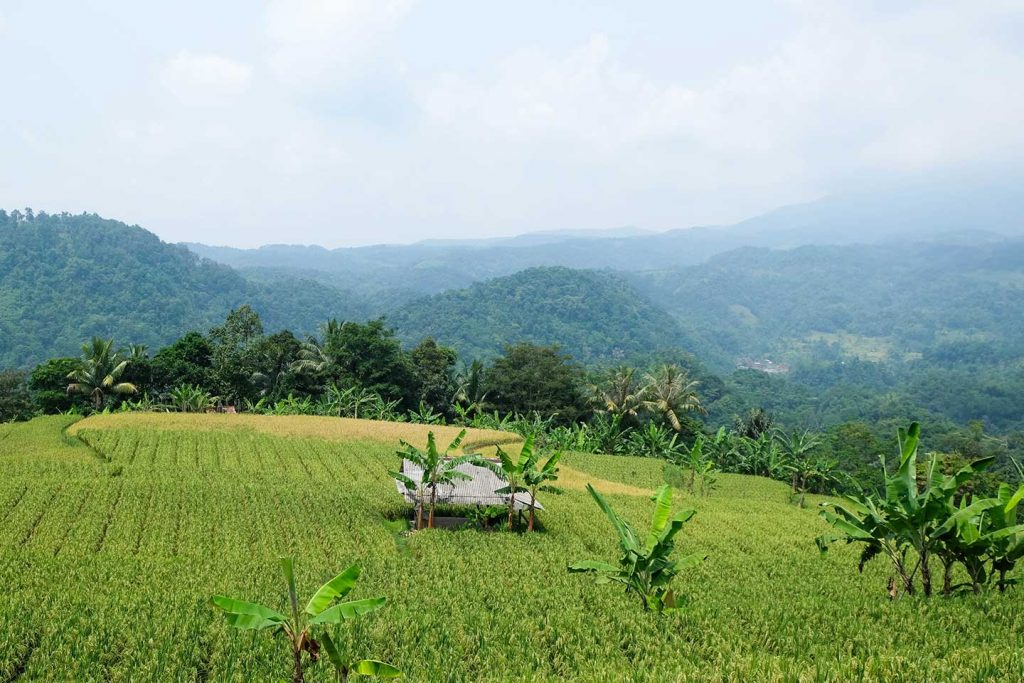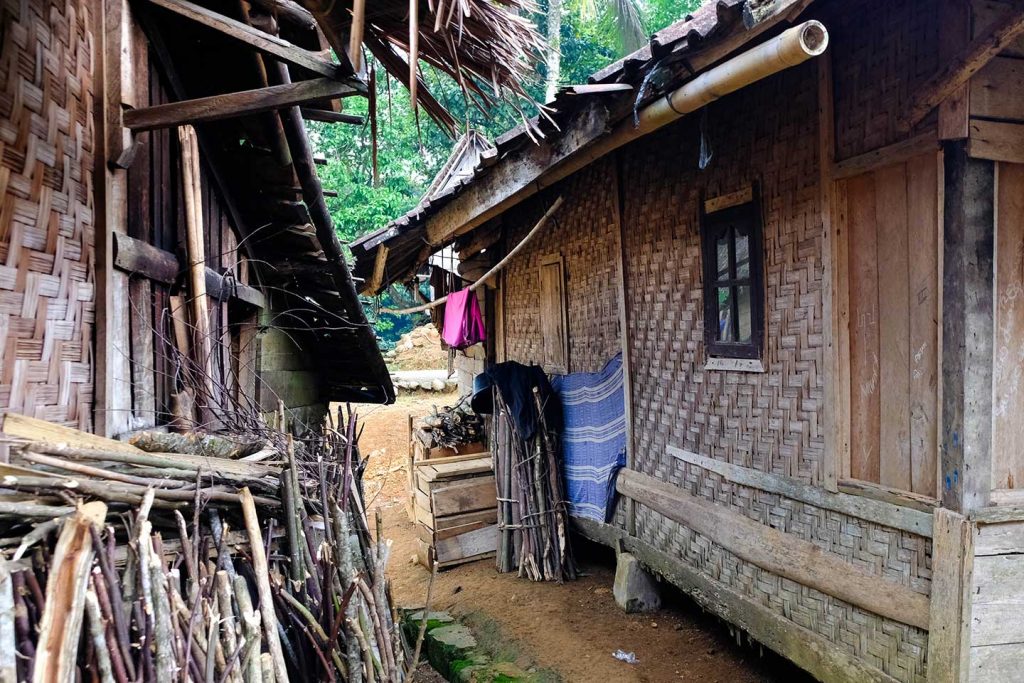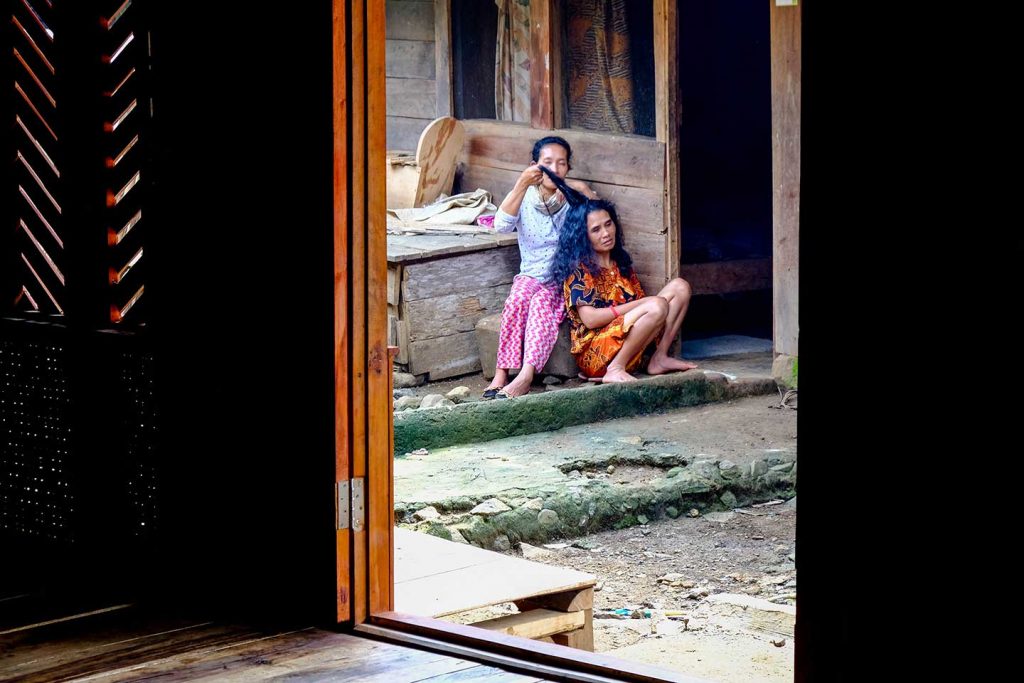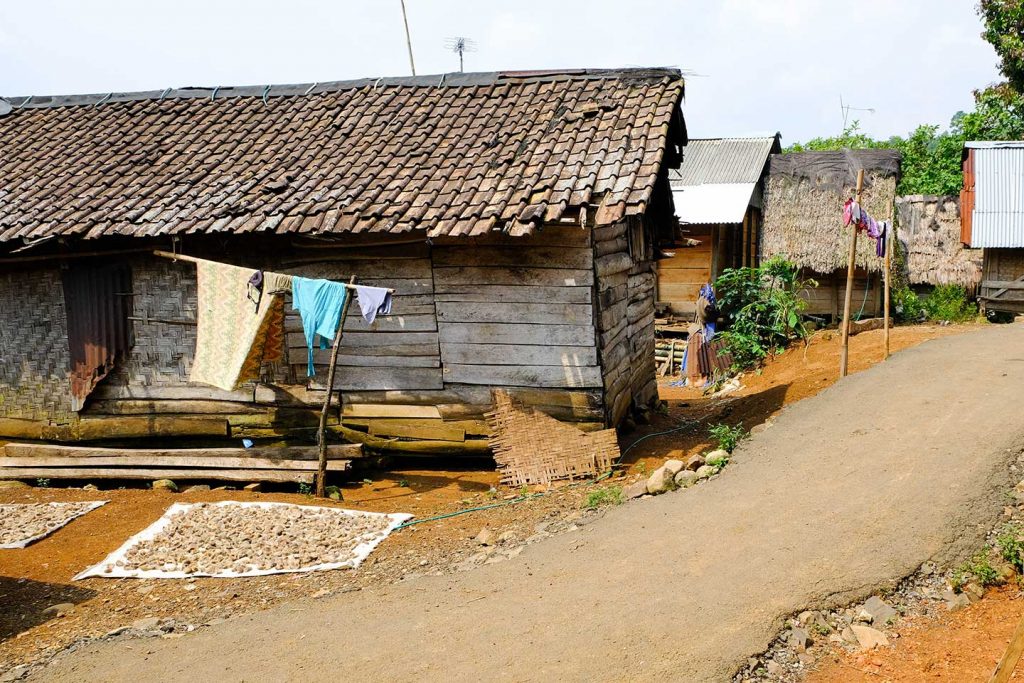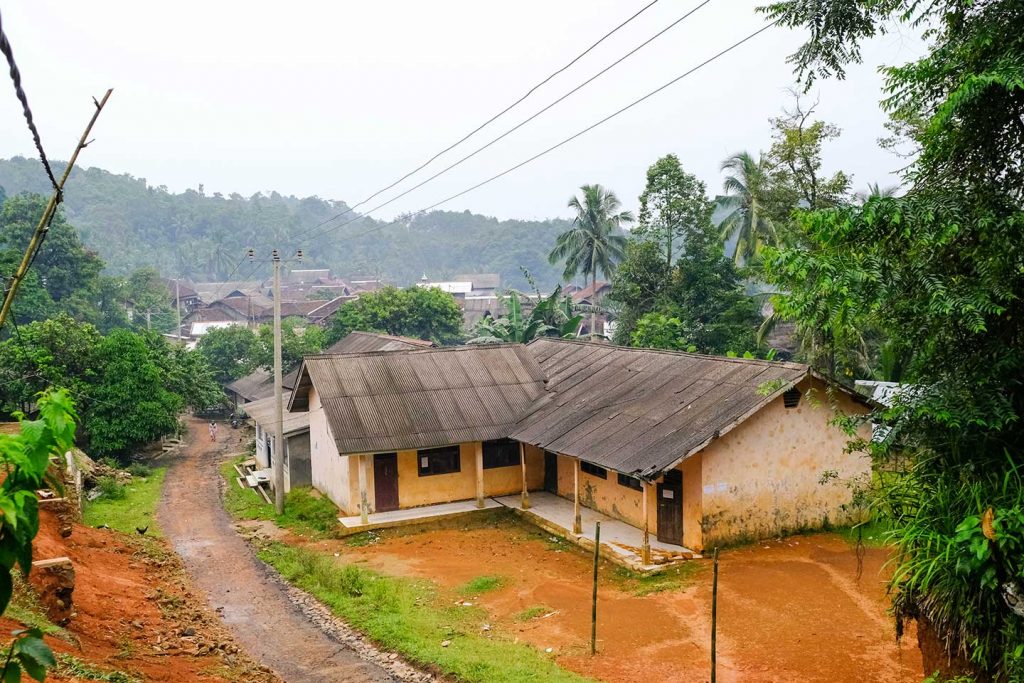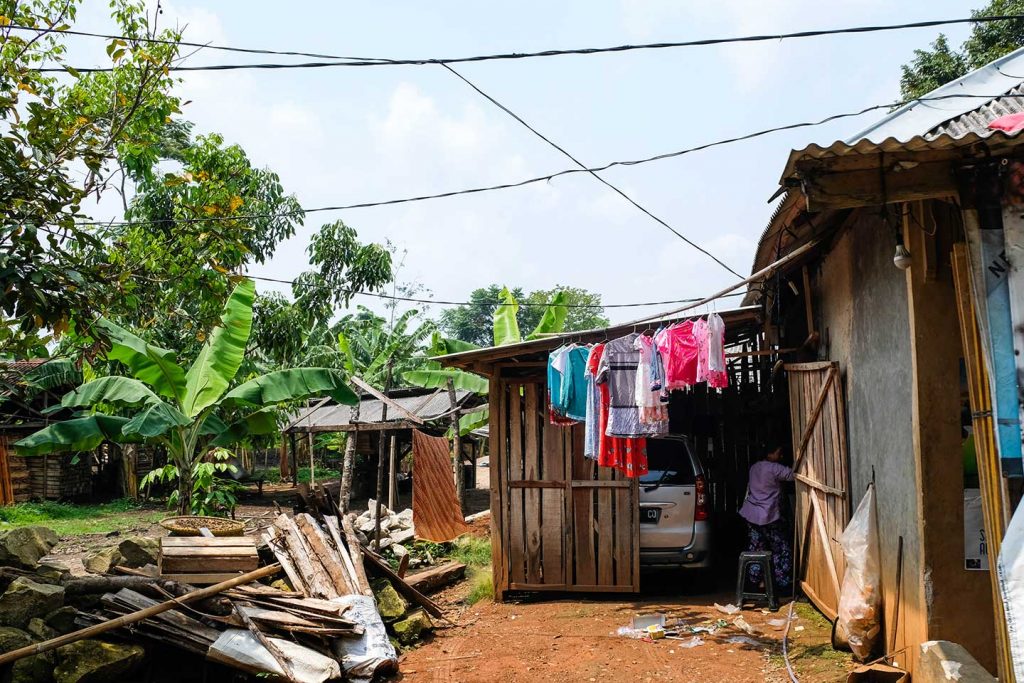TRAVEL AND LOGISTICS:
Participants will stay overnight in Jakarta, then travel by train to Rangkasbitung/Bogor (one hour), and by bus and mini-van to Kasepuhan Karang. There are no hotels or guesthouses in the villages of Kasepuhan Karang; participants will sleep in the homes of residents. Indoor bathrooms have cold water showers and squat toilets. Food generally consists of rice with fish or tempe (soybean), vegetables, and chilli sauce.
WHAT TO BRING
Sunscreen/sun protection, mosquito repellent, motion sickness medicine, refillable water bottle, tissues/toilet paper, towel, soap, non-slip walking shoes/hiking boots, sandals/flip flops.
Languages: Indonesian, English, Spanish and French
Maximum participants: 30
Difficulty: 4/5 ****
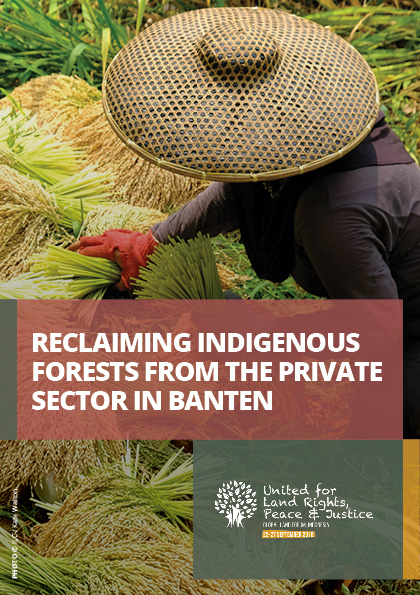
BACKGROUND
Since the 1920s, the Indigenous Peoples of the Kasepuhan Karang community have been unable to access their traditional forests. The forests in this part of Banten, in the western part of the island of Java, have variously been under the control of the Dutch colonial government, an early form of the Indonesian Ministry of Forests (1963-78); a state-owned forestry company, Perum Perhutani (1978-2003); and Halimun Salak National Park (2003-2016). Villagers attempting to access the forest to plant, harvest, or visit ritual sites or cemeteries, were frequently caught by forest police and jailed or forced to pay bribes.
After one century of struggle, Kasepuhan Karang’s rights to their traditional forests were finally acknowledged in a Local Decree in 2015, with access permitted since 2016. The people are now mapping the forests and developing a 20-year action plan. Part of this process involves identifying the four different types of forest areas: tutupan, land that may not be accessed by anyone unless permission is given by traditional heads to conduct rituals; titipan, land that cannot be disturbed because water sources and cemeteries are located there; cawisan, spare land that may later be used for village expansion, industry, or farms; and garapan, land that may be used for farming fruits, vegetables, coffee, and rice. The community plans to plant 27,000 fruit trees over the course of the 20-year plan; 8,000 have been planted so far, including 20 hectares of coffee.
The Kasepuhan Karang community is now fully in control over their livelihoods and able to manage food production – from planting to harvesting and storage – in line with traditional systems. Planting and harvesting cycles follow a unique local calendar, and by using leuit, traditional rice storage barns, villagers can store rice for up to 15-20 years without spoilage. Kasepuhan Karang is thus a strong, successful example of how Indigenous communities can maintain traditional lifestyles and livelihoods if enabled to do so by the local and national governments.
To maintain their traditional way of life, villagers have also begun small-scale tourism to Kasepuhan Karang. Residents of nearby cities visit to hike to waterfalls or relax in hammocks overlooking paddy fields. Tourist programs are managed by local youths who would otherwise be unemployed.
PARTICIPANTS
WILL LEARN
ABOUT...
- Indigenous Peoples, cultures, and rights, including indigenous methods of farming and land, forest, and water management;
- Indigenous Peoples mobilisation and community organisation approaches;
- Agrarian reform, specifically community-initiated reform efforts such as land mapping;
- Roles of women and youth in community-led forestry management.
IN
JAGARAKSA VILLAGE
PARTICIPANTS
WILL...
- Attend seminars on Indigenous communities, focusing on people-centred forestry management and the involvement of women and youth;
- Take part in a two-way training and sharing sessions with the local community, allowing for participants to learn from local experiences and to share their best practices;
- Participate in a discussion on the relationships between local government, national government, and Indigenous people;
- Visit and discuss important local sites, such as water sources, forests, fruit and coffee farms, rice fields, and traditional rice storage facilities.

